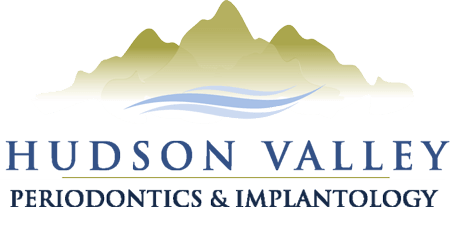Scaling and root planing are two procedures that are typically performed together for the treatment and prevention of gum disease. Both are non-surgical and minimally invasive, but there still may be some after effects.
If you have an upcoming appointment for scaling and root planing, here’s what you can expect from the procedure itself and afterwards.
What is Scaling?
Scaling is the process of removing hardened plaque, called tartar or calculus, from the teeth and the roots of the teeth below the gumline. This requires the gum tissue to be pulled away from the teeth temporarily while dental tools are used to reach under the gums to clean the teeth. Local anesthesia may be used to numb the gum tissue during the procedure.
What is Root Planing?
Once the scaling process is complete, root planing is the next step. The procedure involves buffing the surface of the tooth roots until they are smooth. This allows the gum tissue to lay flat against the roots of the teeth without any spaces in between where plaque can gather.
What is the Purpose of Scaling and Root Planing?
Scaling and root planing are one method for treating gum disease. When gum disease develops in the gum tissue and is not treated, it causes damage to the teeth and their support structures. Gum disease is caused by plaque, a sticky film made of food residue and bacteria that clings to the teeth. When it is not removed by brushing and dental cleanings, it hardens into calculus and becomes more difficult to remove. Over time the bacteria contained in calculus mature to the point where they infect the gum tissue.
Scaling removes the calculus that causes gum disease and root planing helps to prevent more plaque and calculus from forming on the teeth. Together these procedures are the best defense against harmful gum disease and the damage it can inflict on the teeth and mouth.
The After Effects of Scaling and Root Planing
The following symptoms are normal after scaling and root planing:
- Mild discomfort. If local anesthesia is used during the procedure you may feel numb for an hour or more afterwards. Once it wears off you may have some tenderness of the gum tissue that can typically be managed with over the counter pain medication.
- Swelling. Your gums may be swollen for a week or more after scaling and root planing.
- Bleeding. Some bleeding may occur when you brush your teeth for up to two weeks after the procedure.
- Tooth sensitivity. Scaling and root planing can cause some of the roots to be exposed, which can make your teeth more sensitive to heat, cold, and sweets.
Follow Up Care
We recommend the following to care for your gums after scaling and root planing:
- Excellent oral hygiene. You’ll need to keep your teeth and mouth extremely clean for the next few weeks and months. This promotes healing and prevents recurring buildup of plaque on the teeth.
- Salt water rinse. A salt water rinse should be used 4-6 times a day. Mix a half teaspoon of salt in 8 ounces of warm water. Rinse your mouth multiple times and spit.
- Soft food diet. It is best to eat soft foods for the first few days, and then avoid hard or crunchy food and seeds for at least 2 weeks.
- Avoid smoking and tobacco. It is always best to avoid smoking and tobacco use, as these impede circulation and slow down the healing process.
- Follow up treatments. Be sure to go to your follow up appointments to monitor your healing and to maintain the health of your gums.
Who Provides Scaling and Root Planing?
Scaling and root planing are typically performed by a periodontist. A periodontist is a dentist who specializes in the health of the support structures for the teeth, including the gums. Hudson Valley Periodontics & Implantology provides scaling and root planing procedures for patients who have moderate to severe gum disease. Regular scaling and root planing on a frequent schedule, known as periodontal maintenance, can help keep gum disease under control.
Call 845-623-6666 or contact us today to learn more and schedule an appointment.

